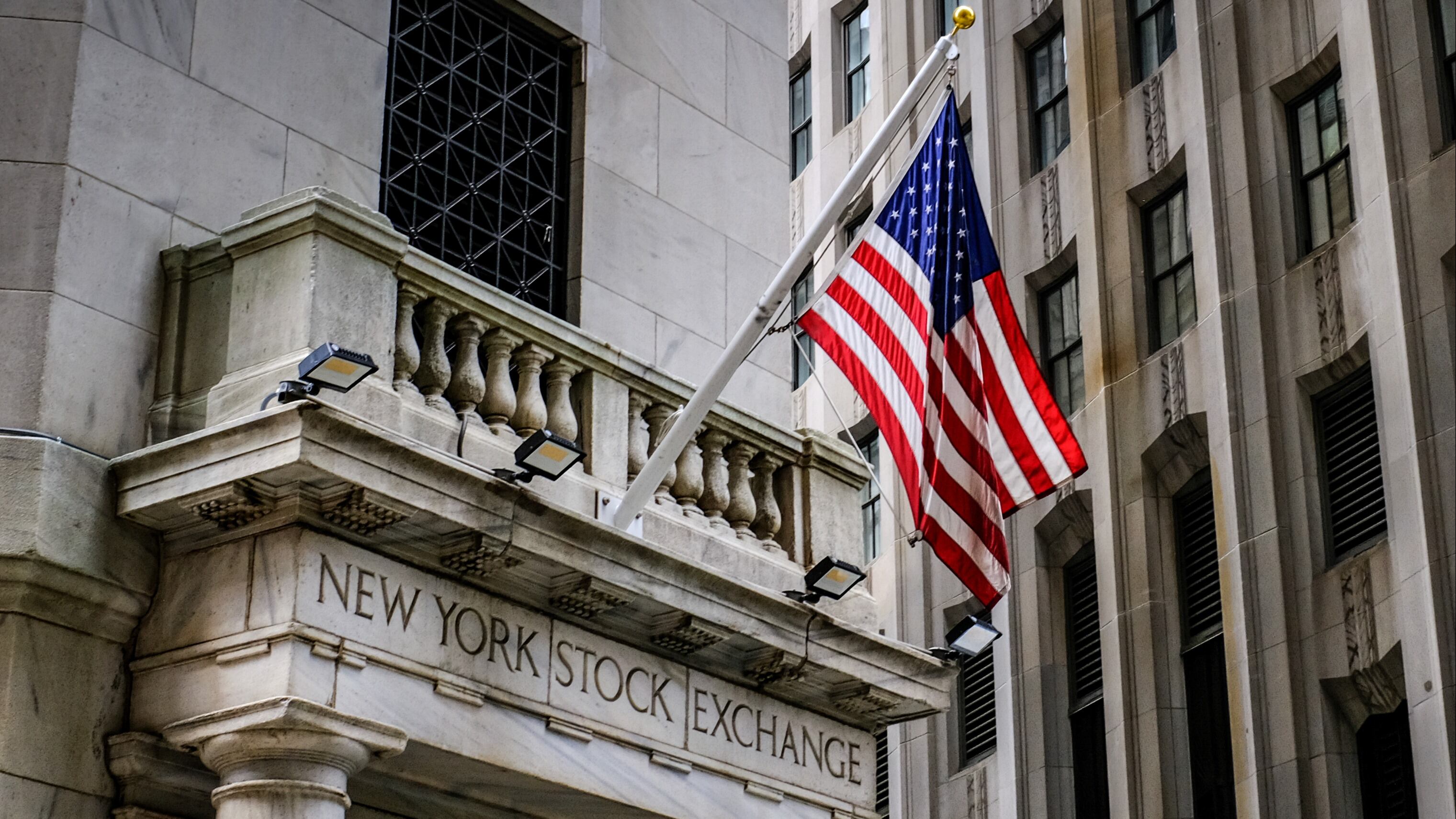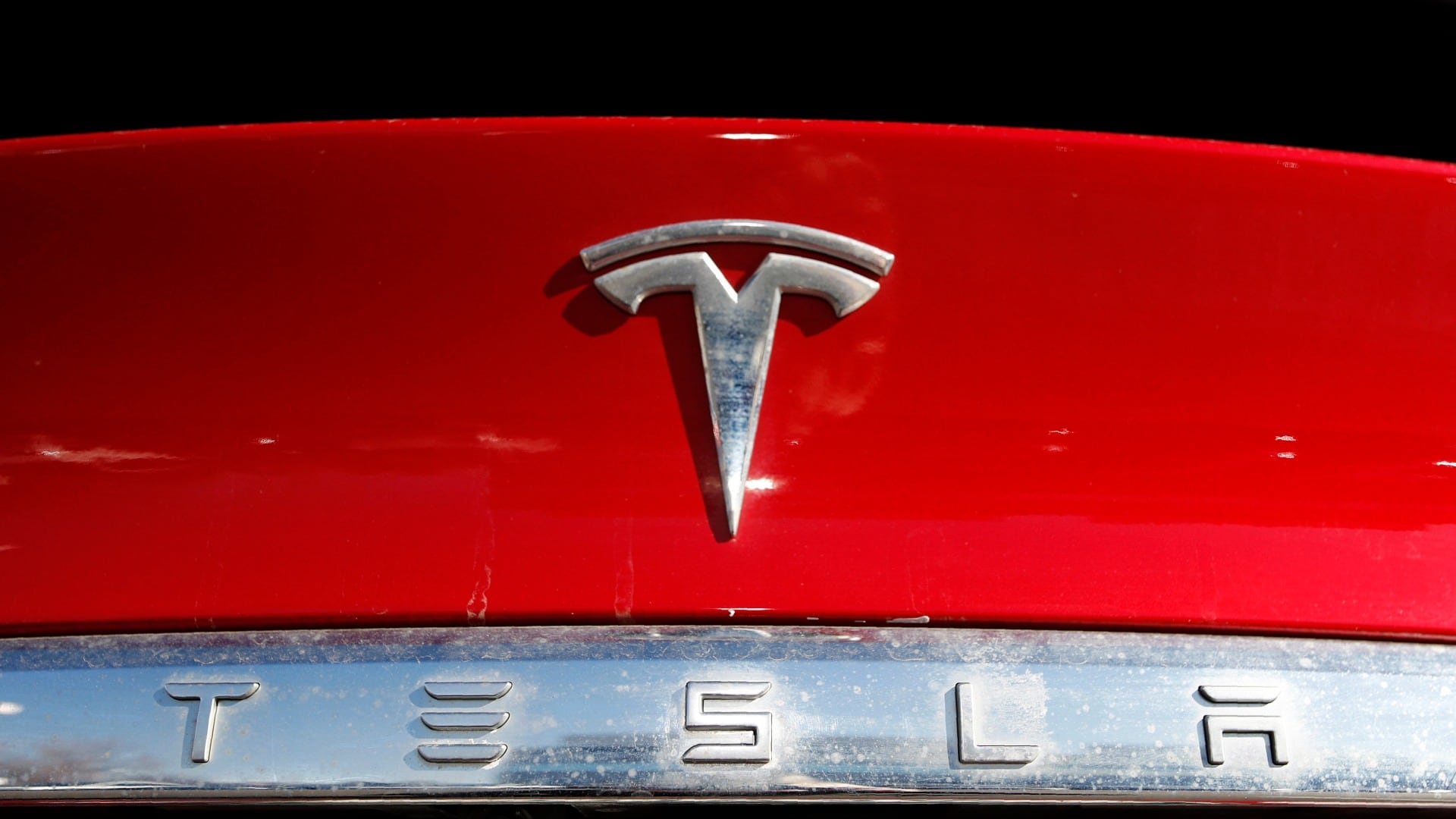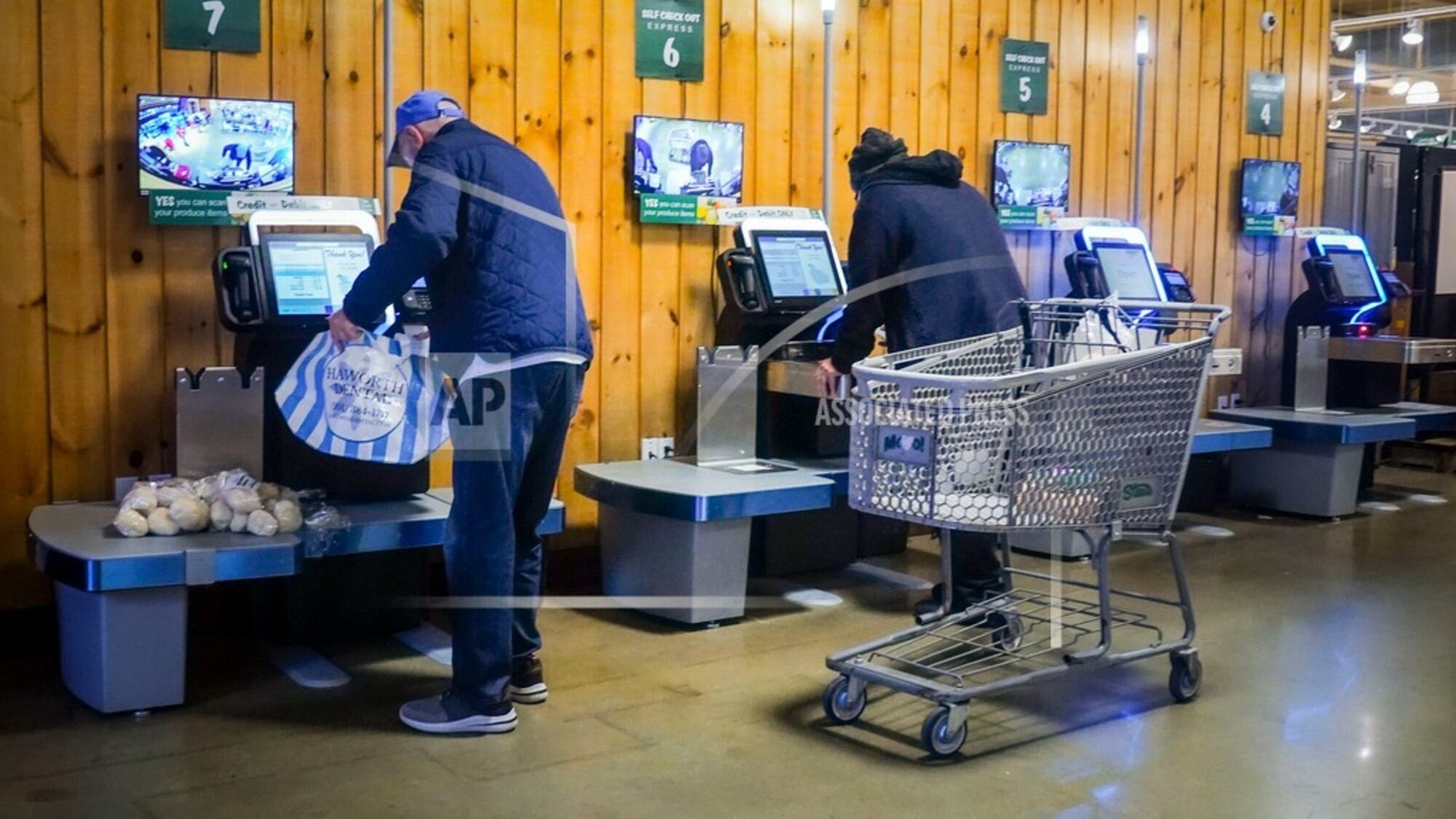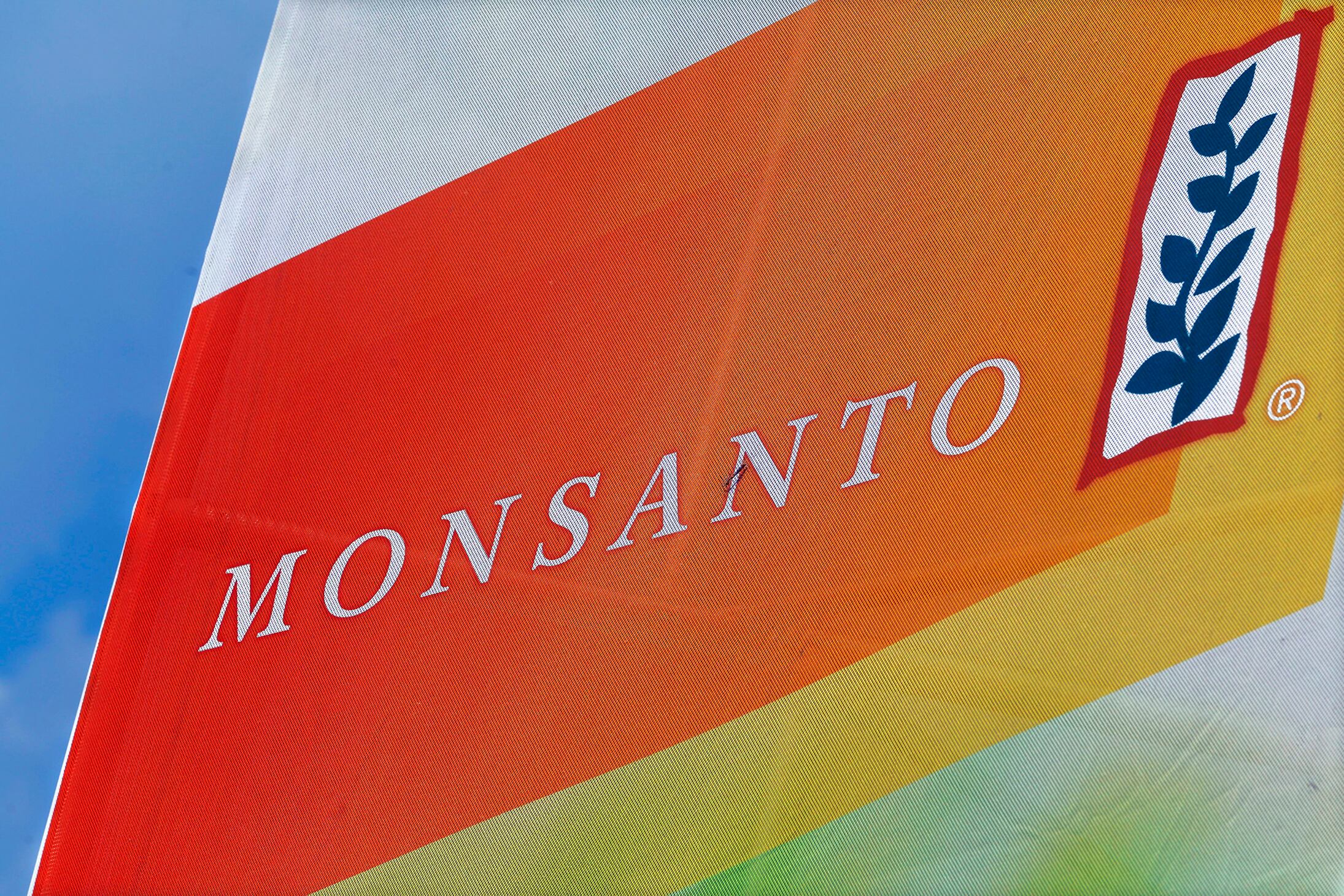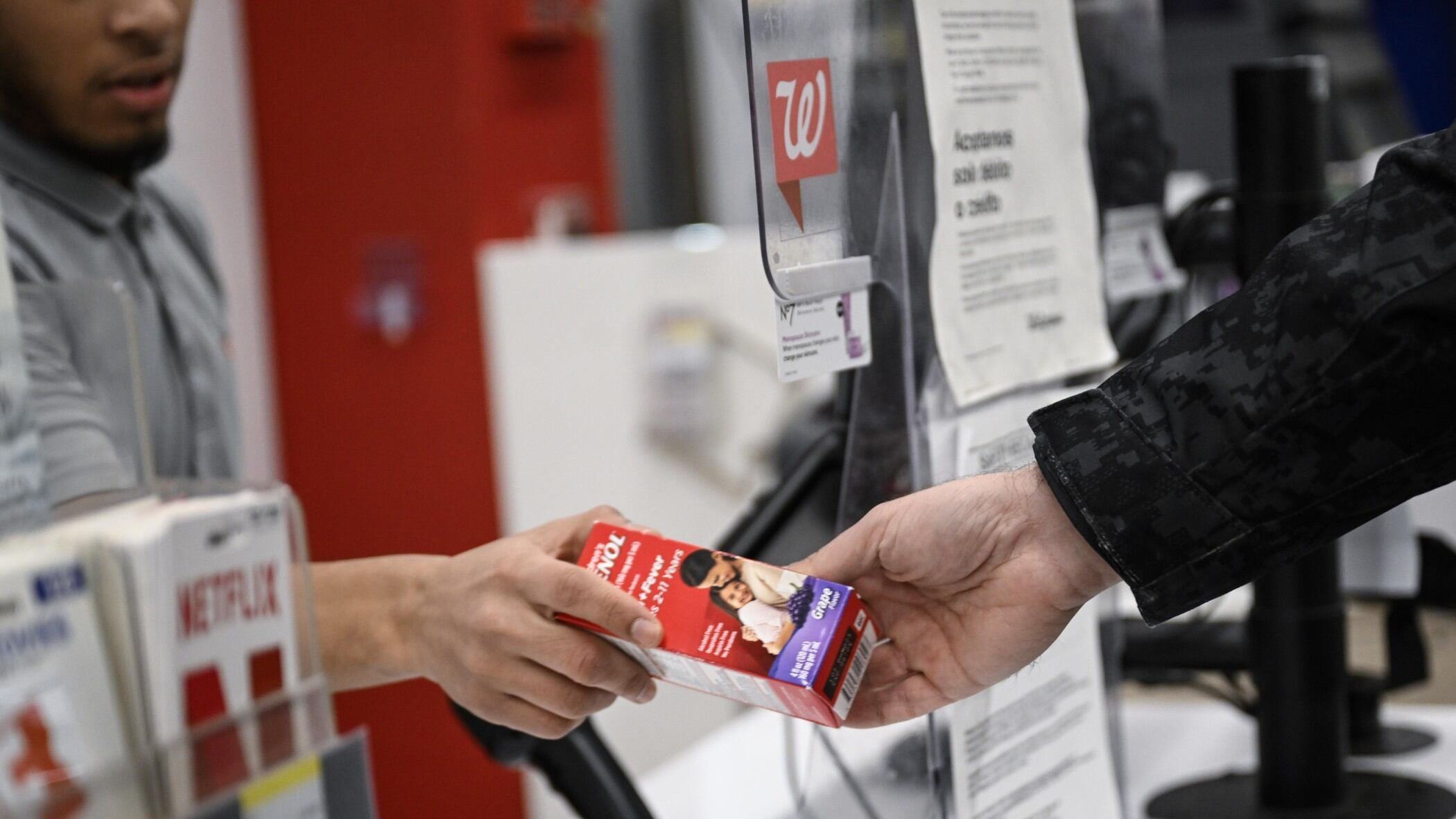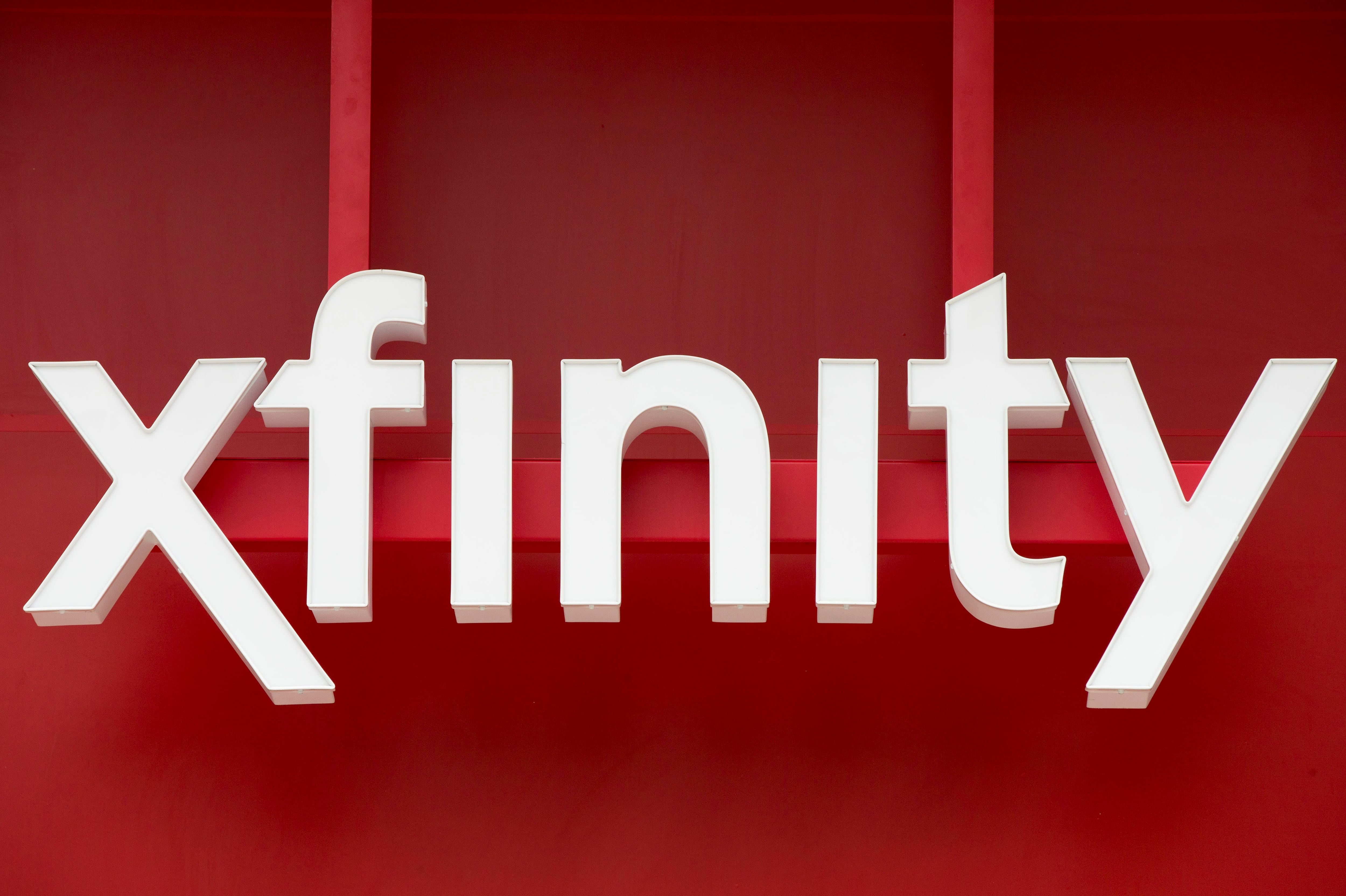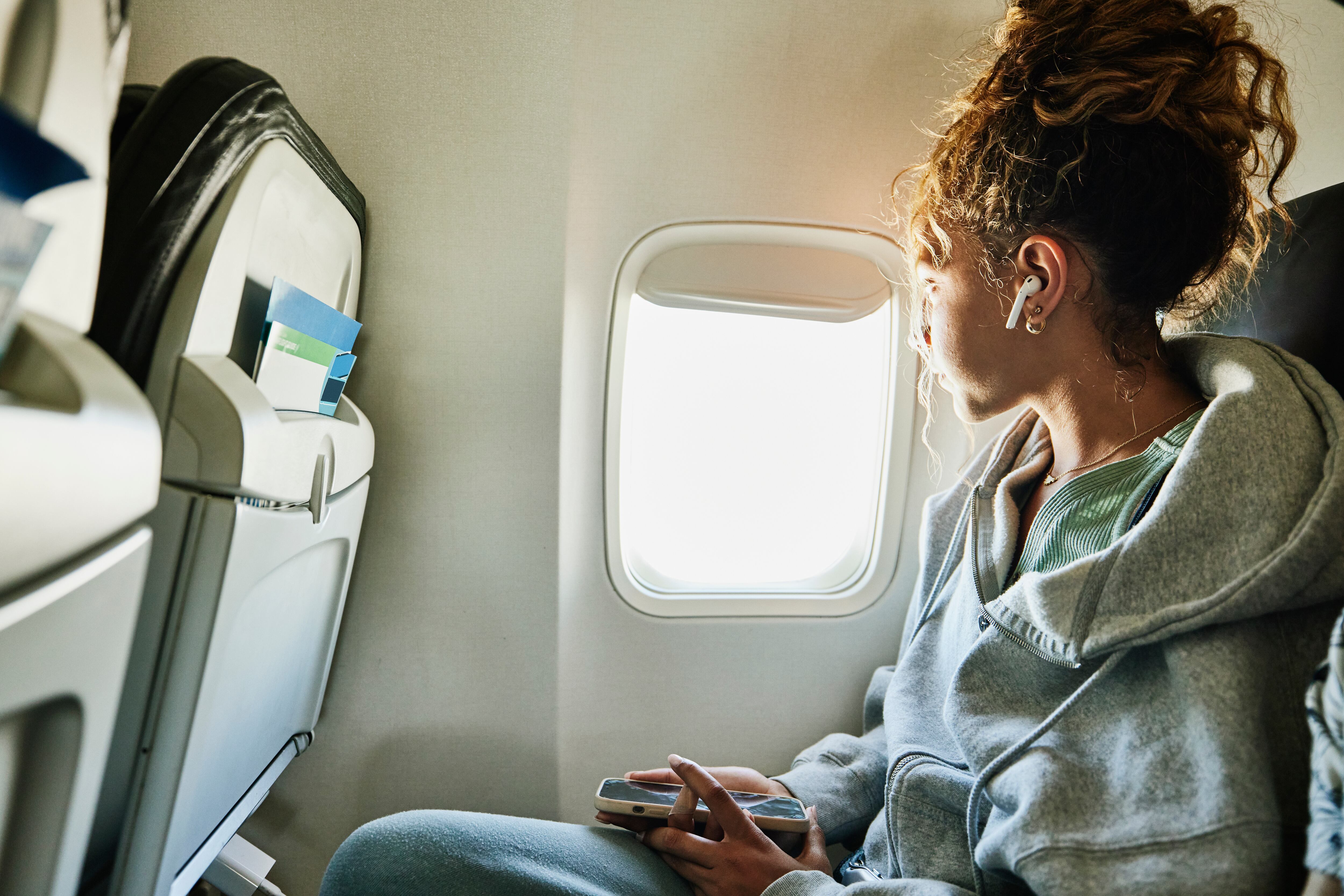A new study predicts that rising energy costs that have followed in the wake of Russia's war with Ukraine could push millions of people around the globe into extreme poverty.
In a joint research effort between the United States, China, the UK and Netherlands, the study from the journal Nature Energy assessed the impact of the war and found that energy prices have jumped 4.8 percent with the surge in the cost of coal and natural gas directly linked to Russia's invasion.
Low income-communities that were already facing issues like food insecurity are now at even greater risk of falling into extreme poverty, with countries like Poland and the Czech Republic, facing greater hardships with their economies heavily dependent on energy resources like coal.
In the U.S., consumers spent 14.3 percent more on energy last year than they did in 2021. Electricity prices alone rose 11.9 percent over the 12 months ending in January, according to the U.S. Bureau of Labor Statistics.
The study estimates that 141 million people around the world are at risk of falling into extreme poverty as costs continue to rise.
"Unaffordable costs of energy and other necessities would push vulnerable populations into energy poverty and even extreme poverty. Understanding how global energy prices are transmitted to households through global supply chains and how they are affected is crucial for effective and equitable policy design," the researchers wrote.
Construction of new homes rose by double digits in November, according to data from the Commerce Department.
Cheddar News' Need2Know is brought to you by Securitize, which helps unlock broader access to alternative investments in private businesses, funds, and other alternative assets. The private credit boom is here and the Hamilton Lane Senior Credit Opportunities Fund has tripled in assets under management in just six months from November 2022 through April this year. Visit Securitize.io to learn more.
Stocks opened lower after the opening bell and on track for its first decline in 10 days after a recent winning streak.
Tesla drivers in the U.S. were in more accidents than drivers of any other car brand this year, according to a study.
The promise of self-checkout was alluring: Customers could avoid long lines by scanning and bagging their own items, workers could be freed of doing those monotonous tasks themselves and retailers could save on labor costs.
Monsanto was ordered to pay $857 million to students and parent volunteers at a Washington school.
A federal judge has struck down hundreds of lawsuits filed against the makers of Tylenol and generic acetaminophen.
California regulators are preparing to vote on new rules for turning recycled wastewater into drinking water.
Hackers accessed Xfinity customers’ personal information by exploiting a vulnerability in software used by the company, the Comcast-owned telecommunications business announced this week.
Some folks want to leave the cold for a quick getaway. Bobby Laurie, travel expert, joined Cheddar News to provide tips on how and when to look for a winter escape.


